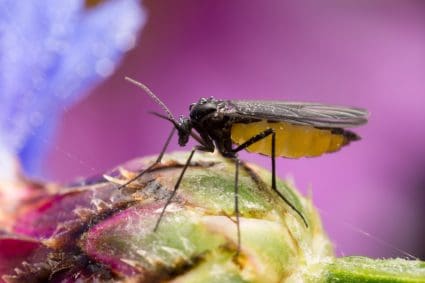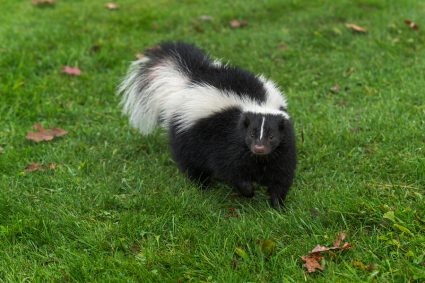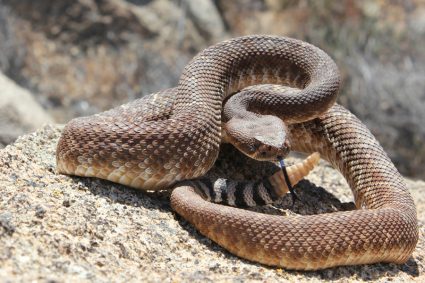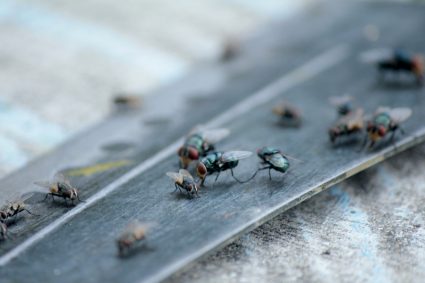
Chipmunks are adorable creatures, but when they start nibbling on your precious tomato plants, they can quickly become a nuisance. In this comprehensive guide, we will explore various methods on how to keep chipmunks away from your tomato plants without causing them harm.
To keep chipmunks away from tomato plants, you can install a small-mesh fence around your garden, plant flowers and herbs that chipmunks dislike, use homemade repellent sprays, and clean up your garden to remove potential food sources. If chipmunks persist, consider using live traps to capture and relocate them. It’s important to regularly monitor your garden and adjust your strategies as needed.
Why Chipmunks Love Tomato Plants
Chipmunks are attracted to tomato plants for various reasons. One primary reason is that they are opportunistic feeders and enjoy eating tomatoes- both red and green. They may also eat other parts of the tomato plant, including leaves and stems. Additionally, chipmunks may be attracted to gardens due to the presence of other food sources, such as birdseed, mushrooms, flower bulbs, plant seeds, and insects.
Effective Strategies to Deter Chipmunks
There are several effective methods to deter chipmunks from tomato plants. Here’s a detailed look at each one:
Physical Barriers
Installing a fence made of hardware cloth or chicken wire with a mesh size of 1/4 inch or smaller can prevent chipmunks from accessing your tomato plants. You should bury the fence at least 6 inches deep and extend it at least 2 feet above ground level to prevent chipmunks from digging under or jumping over it.
Natural Repellents
Plant flowers and herbs that chipmunks dislike, such as daffodils, marigolds, alliums, garlic, peppermint, chives, echinacea, and lavender. You can also create a homemade repellent spray by combining water, minced garlic, and cayenne pepper, and spraying it on your tomato plants. An additional option is to spread coffee grounds around your tomatoes, as chipmunks don’t like their odor.
Deterrents
Scare chipmunks away by using decoys like owl statues or fake snakes. You can also install an ultrasonic device that emits high-frequency sounds to deter chipmunks.
Water Source
Provide a separate water source for chipmunks, such as a shallow dish or pan of water, to discourage them from seeking moisture from your tomato plants.
Clean Up
Keep your garden and yard clean by removing potential food sources and hiding spots for chipmunks, such as fallen fruits, nuts, and debris.
Trapping
If chipmunks continue to be a problem, consider using live traps baited with sunflower seeds or fruit to capture and relocate them.
Conclusion
Remember that you may need to use a combination of these methods to fully protect your tomato plants from chipmunks. Regularly monitor your garden and adjust your strategies as needed to keep these pesky critters at bay. With these tips, you’ll be able to enjoy a chipmunk-free garden and healthy, thriving tomato plants.
Frequently Asked Questions
Can chipmunks cause considerable damage to my tomato plants?
Yes, chipmunks can cause significant damage to your tomato plants. They can eat the tomatoes, leaves, and stems, and their digging habits can damage the roots.
How often should I apply the homemade repellent spray?
Ideally, you should apply the homemade repellent spray once a week and after every rainfall. This will ensure that the scent remains strong and effective in deterring chipmunks.
How far away should I relocate trapped chipmunks?
If you decide to trap and relocate chipmunks, you should release them at least a mile away from your home. Be sure to check local wildlife laws, as some areas prohibit relocating wildlife without a permit.
Are there any plants that chipmunks are particularly attracted to, apart from tomato plants?
Apart from tomato plants, chipmunks are also attracted to strawberries, cucumbers, peas, beans, squash, and melons. They also eat flower bulbs, seeds, and insects.
Will the ultrasonic device affect my pets?
Some pets may be sensitive to the high-frequency sounds emitted by ultrasonic devices. If you have pets, it’s best to consult with a vet or a pet behavior specialist before installing such devices in your garden.











